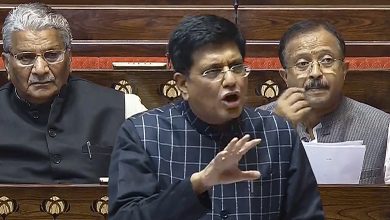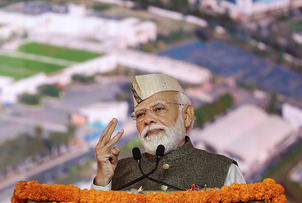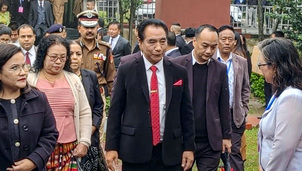‘Right to privacy not absolute’

New Delhi, May 26: In response to WhatsApp’s legal challenge to new digital rules on grounds of violation of user privacy, the government today said it is committed to right to privacy of citizens but it is subject to “reasonable restrictions” and “no fundamental right is absolute”.
“The government of India is committed to ensure the right of privacy to all its citizens but at the same time it is also the responsibility of the government to maintain law and order and ensure national security,” Union IT Minister Ravi Shankar Prasad said.
“As per all established judicial dictum, no fundamental right, including the right to privacy, is absolute and it is subject to reasonable restrictions,” he said, adding that the rules asking for the “first originator of information” are an example of such a “reasonable restriction”. Prasad said when WhatsApp was required to disclose the origin of a message, it was only for prevention, investigation or punishment of very serious offences related to the sovereignty and integrity of India, the security of the state, friendly relations with foreign States, or public order, or of incitement to an offence relating to the above or in relation with rape, sexually explicit material or child sexual abuse material.
WhatsApp filed its petition on Tuesday against the rules that will require it to “trace” the origin of messages sent on the service.
“Requiring messaging apps to ‘trace’ chats is the equivalent of asking us to keep a fingerprint of every single message sent on WhatsApp, which would break end-to-end encryption and fundamentally undermines people’s right to privacy,” WhatsApp, which has nearly 400 million users in India, said.
“We have consistently joined civil society and experts around the world in opposing requirements that would violate the privacy of our users. In the meantime, we will also continue to engage with the government of India on practical solutions aimed at keeping people safe, including responding to valid legal requests for the information available to us,” said a spokesperson of the California-based Facebook unit.








